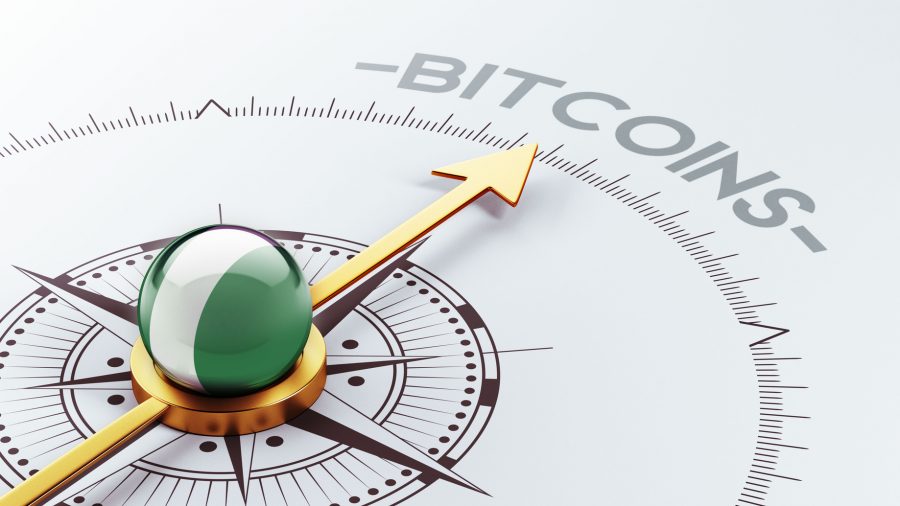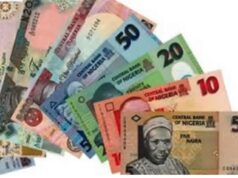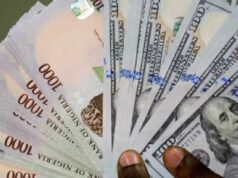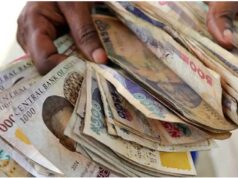
It’s no longer news that the recent CBN reminder restricting Nigerian financial institutions from Bitcoin and other Crypto assets have started to spur negative effect in the crypto industry when considering the cost of buying the world’s most popular cryptocurrency at Africa’s largest crypto market.
A recent study by Nairametrics revealed the flagship crypto asset, Bitcoin traded as high as 46% premium on some P2P exchanges and untraditional channels when compared to the use of Nigerian bank debit cards before the Crypto ban took effect, meaning the price of a bitcoin on such platforms was much expensive than its average price on other Crypto exchanges of around $49,000 at the time.
Crypto experts are of the bias that although the Central Bank’s recent directive does not criminalize ownership of Bitcoin, the circular will however make it difficult for them to process debit, credit card, and bank transfer transactions.
READ: Bitcoin joins the trillion-dollar club with Apple, Saudi Aramco and Google
This is already increasing the complexity of a significant number of Nigerians that often use their local currencies in buying crypto assets. Many Crypto exchanges interviewed by Nairametrics spoke on the challenges many of its Nigerian users face buying Bitcoin at a fair value on the account that Nigerian leading financial payment providers such as Paystack, Flutterwave have arbitrarily cut ties with Crypto exchanges.
Adding more woes to young Nigerians adamant about buying the flagship crypto asset is the prevailing dollar scarcity in Africa’s leading economy which had often led many to buy the dollar at the black market rate of as high as N500, knowing fully well that all Crypto assets value are denominated in U.S dollar.
Adding credence to this, Rume Ophi a.k.a. Cryptopreacher, and Nigerian Crypto Educationist said;
“Nigeria’s bitcoin price isn’t consistent because it is pegged to the dollar (Usdt), which is a bit different from the parallel market, the one we call the black market or abokifx.”
READ: Nigeria’s cryptocurrency ban: A legal analysis
He added weight to the exchange rate disparity on some Crypto exchanges and other channels Nigerians have been left with
“At the time of writing, Paxful an online peer 2 peer platform pegged 1 USDT to 475. This means you need 475 naira to get 0.0000004sat (the smallest unit of bitcoin is called sat). Whereas a black market vendor is also known as OTC will sell for 480/$,” Ophi said.
The effect of the CBN crypto ban is already breeding bad actors that are currently taking advantage of the high thirst for Bitcoin as Luno a leading African-based Crypto exchange in an email sent to Nairametrics sheds more light on the cost bitcoin buyers in Nigeria must bear;
“Pushing people underground also makes it easier for scammers to exploit Nigerians, and we are already seeing Bitcoin trade at huge premiums in the country as a result of the ban.
“Other companies have made the choice to find workarounds that are less visible for regulators – for example, Peer-2-Peer (P2P) trading. Our view is that P2P trading would go against the spirit of the CBN’s directive.
“We believe that the focus should instead be on demonstrating to the CBN that exchanges such as Luno have the necessary controls in place to address the concerns it has in relation to cryptocurrencies.”
What you should know
- Recall, the Central Bank of Nigeria had recently notified Deposit Money Banks, Non-Financial Institutions, other financial institutions against doing business in Crypto and other digital assets.
- In a circular dated 5th February 2021 and distributed to regulated financial firms, the apex bank of Africa’s largest economy warned and reminded local financial institutions against having any transactions in crypto or facilitating payments for crypto exchanges.
- Nigerian Apex bank further warned Nigerian financial stakeholders that any breach of this directive will attract serious regulatory sanctions.
Luno also spoke on the effect the CBN crypto ban will have on Nigerians in the long term, stating,
“Any attempt to restrict access to cryptocurrency does not protect Nigerians. It holds them back and leaves them vulnerable. It prevents honest Nigerians from taking advantage of all that cryptocurrency has to offer them.”
Bottom line: The rate of purchasing the most widely used Crypto asset in Nigeria is currently trading at a premium amid the Central Bank’s directive, suggesting it is getting much harder for Africa’s most important crypto market in getting Bitcoin at a fair value.
Nairametrics




















































